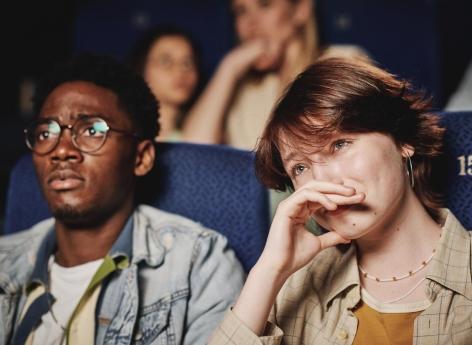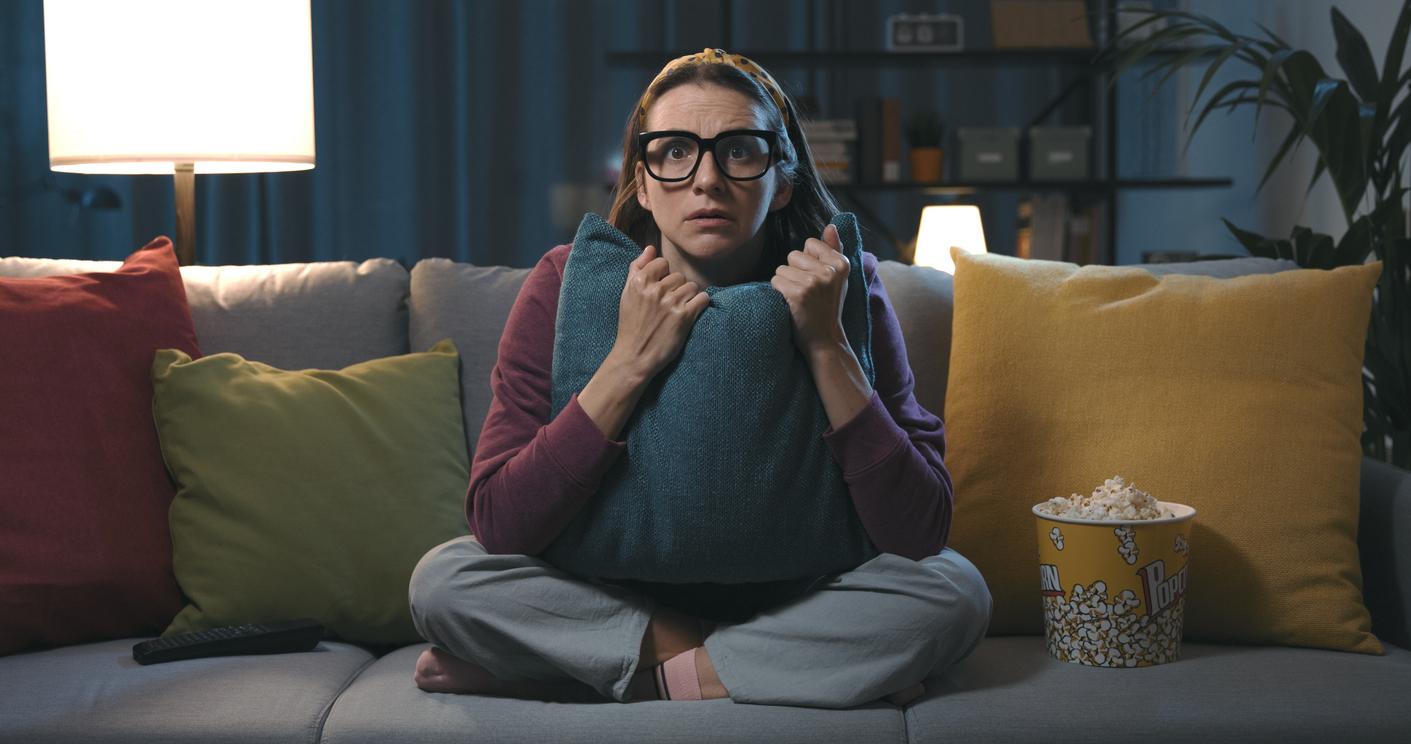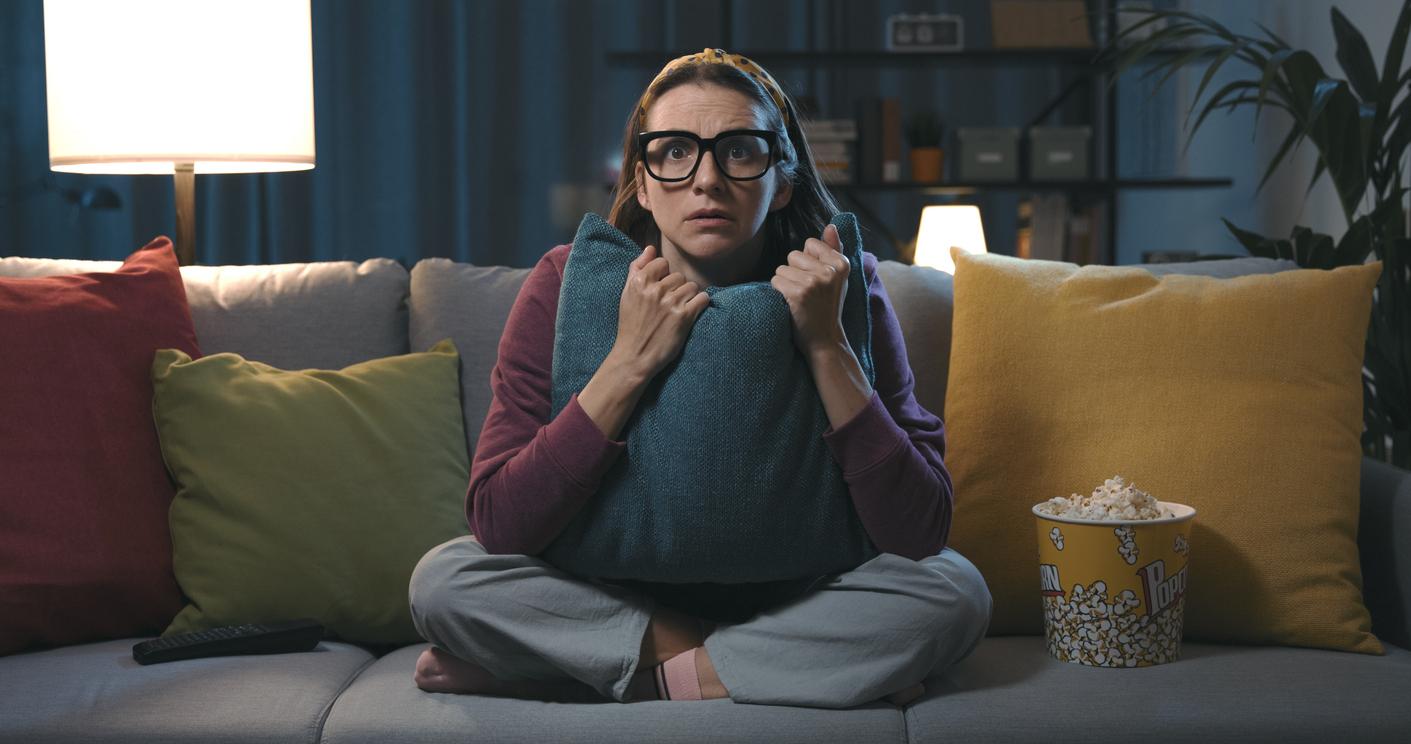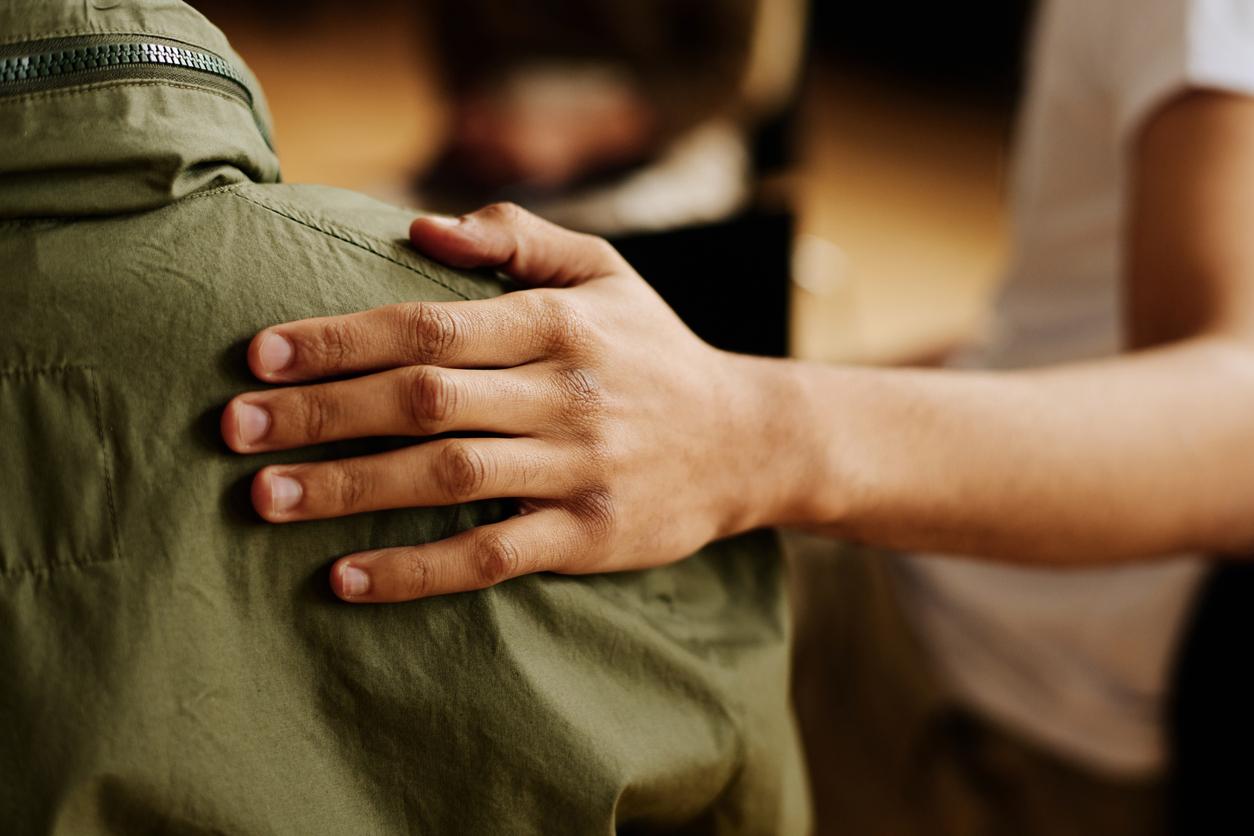A study shows that watching a dramatic film makes you much more empathetic towards stigmatized people and concerned about societal issues than the presentation of statistics.

“One of the hardest things for groups of people who face stigma, including formerly incarcerated people, is that other Americans don’t perceive their experiences very accurately”explains Jamil Zaki, professor of psychology at Stanford University. “One way to combat this lack of empathy for stigmatized groups of people is to get to know them. That’s where media comes in, which has long been used by psychologists as an intervention.”
The research he conducted with psychologist Jennifer Eberhard reveals that people have greater empathy towards former prisoners and a different vision of necessary penal reforms after watching films or docu-dramas about the judicial system.
Psychology: dramatic films make you more empathetic
The idea of trying to find out if a film could change spectators’ perceptions of social facts was born during a conversation between Jennifer Eberhard and one of the film’s producers. Just Mercy. This feature film chronicles the efforts of lawyer Bryan Stevenson to overturn the sentence of Walter McMillian, an African-American sentenced to death in 1987 for the murder of an 18-year-old white girl despite evidence of his innocence.
To measure how watching this film can shape viewer empathy toward stigmatized people, the psychologist and her colleagues asked volunteers to watch a series of one- to three-minute videos that featured men who had been imprisoned in real life, before and after watching the feature film with Jamie Foxx.
Participants had to imagine what the former prisoners who were testifying had felt during the documentary. Their responses were compared to what the former detainees had told the researchers. The data analysis, published in the journal Proceedings of the National Academy of Sciences (PNAS)shows that the participants who saw Just Mercy were more empathetic towards those who witnessed the videos than those who had not watched it.
Their attitudes toward criminal justice reform have also been changed. Indeed, when researchers asked participants if they would sign and share a petition that supported a federal law to restore voting rights to people with criminal records, they found that viewers of Just Mercy were 7.66% more likely to do so than others.
Stereotype: stories more powerful than statistics
For psychologist Jennifer Eberhardt, the study highlights the power of storytelling. “Stories move people in ways that numbers don’t”she assures. She is all the more certain of this conclusion because in previous work, she had highlighted that the presentation of statistics on racial disparities is not sufficient to lead the population to question the workings of society.
“In fact, she found that simply presenting numbers can backfire. For example, highlighting racial disparities in the criminal justice system can lead people to be more punitive, not less, and to be more likely to support the punitive policies that help create these disparities in the first place.”specifies press release from Stanford University.
For researchers, stories have more power over stereotypes and judgments than numbers. And this, whatever the origin of the storyteller and the political orientation of the spectators. “When people experience detailed personal stories, it opens their minds and hearts to the people who tell those stories and the groups those people come from.”concludes Jamil Zaki.

















